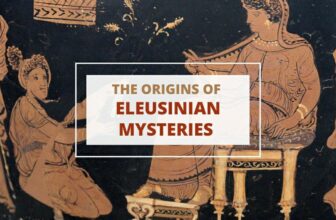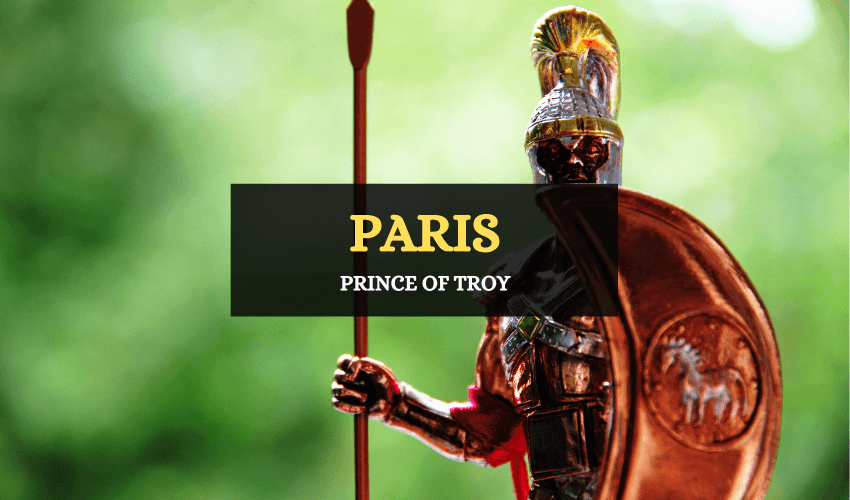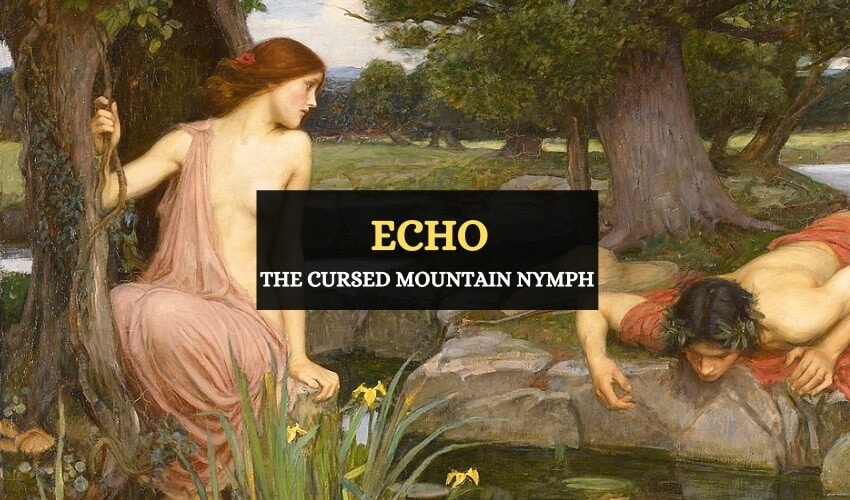
Table of Contents
In Greek mythology, Echo belongs to the long list of figures who suffered the wrath of Hera. A voracious talker, Echo is supposedly the reason we have echoes today. Ovid’s account of Echo is the best known version and can be found in Metamorphoses.
Who Was Echo?
Echo was an Oread, a mountain nymph who resided on Mount Cithaeron. Her lineage is somewhat obscure, marking her as a minor deity. Often depicted as a radiant young maiden, Echo’s name derives from the Greek word for sound, foretelling her fate.
Echo is known for her connections to Hera and Narcissus. Her most notable myth involves these two figures.
Echo’s Confrontation with Hera
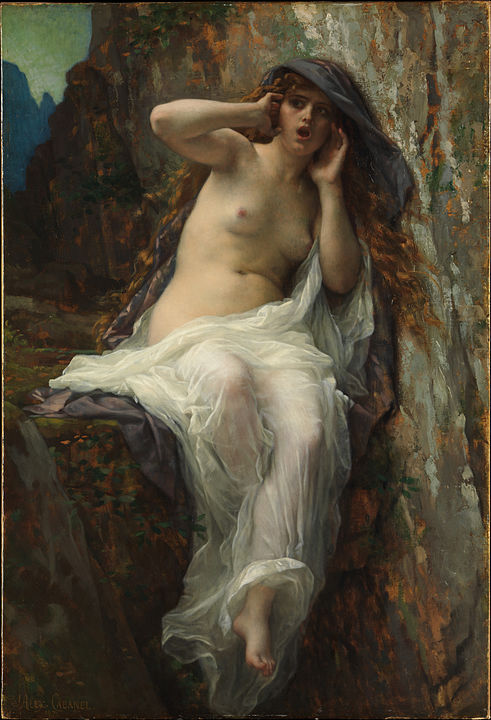
Zeus, the god of thunder, liked to visit the nymphs of Mount Cithaeron and engage in flirtations with them. This was one of the many adulterous acts of Zeus. His wife, the goddess Hera, was always attentive to Zeus’ deeds and was extremely jealous and vengeful because of his infidelity.
Zeus liked to visit the nymphs and have his way with them, but he didn’t want Hera to know of this. So, to get around that, Zeus had tasked Echo with the job of distracting Hera by endless talking, so that the queen goddess would not know what Zeus was up to. That way, Echo would distract Hera, and Zeus would escape without Hera catching him in the act.
Hera, however, discovered what Echo was up to and was furious. Rather than punishing her powerful husband, the king of the gods, Hera punished Echo for her involvement in her husband’s affairs. From then onwards, Echo no longer had control over her tongue. She was forced to remain silent and simply to repeat the words of others.
Echo’s Unrequited Love for Narcissus
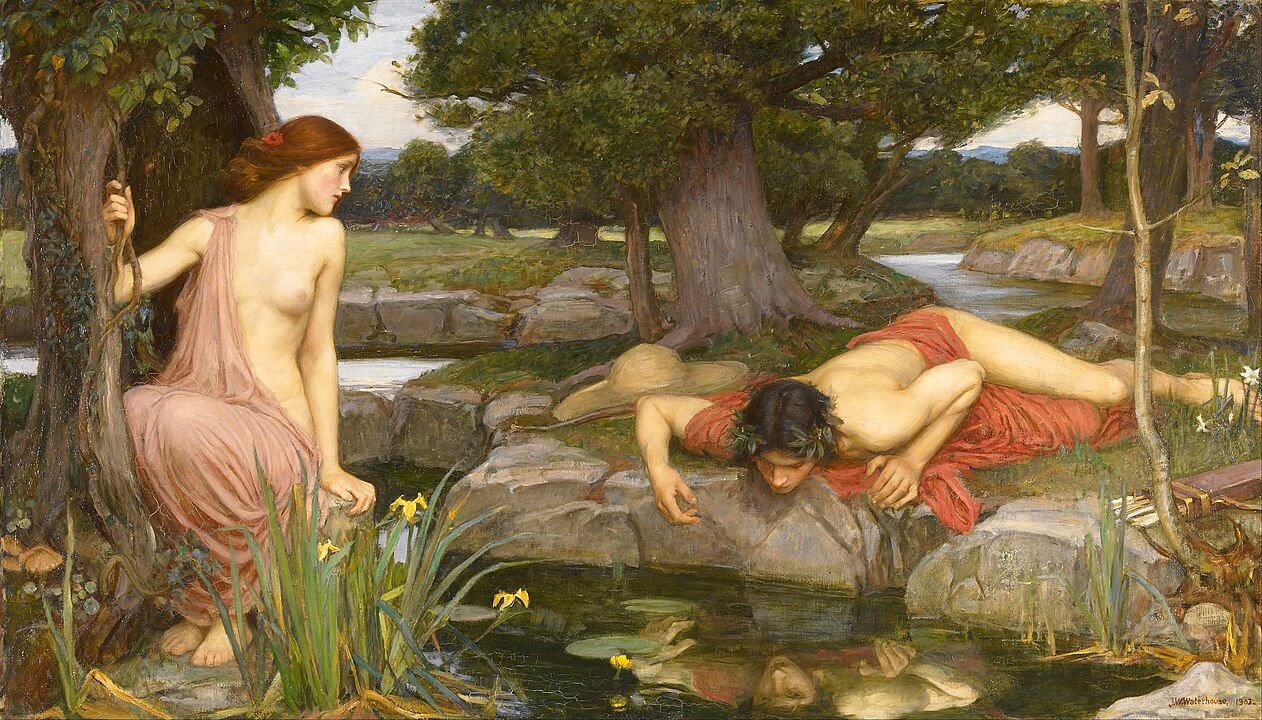
After she was cursed, Echo was wandering in the woods when she saw the handsome hunter Narcissus looking for his friends. Narcissus was handsome, haughty and proud and couldn’t fall in love with anyone as he had a cold heart.
Echo fell in love with him and began to follow him around the woods. She couldn’t talk to him and could only repeat what he was saying. As Narcissus called for his friends, Echo repeated what he was saying, which intrigued him. He called out to the ‘voice’ to come to him. Echo ran to where Narcissus was, but seeing her, he rejected her. Heartbroken, Echo ran away and hid from his sight, but continued to watch him and pine for him.
Meanwhile, Narcissus fell in love with his own reflection and languished by the pool of water, talking to his reflection. He stopped eating and drinking and slowly died, in pain over his unrequited love from the person in the water.
As this scholar puts it, “Echo gathers many other nymphs to bury Narcissus, including his sisters, but when they return to the pool, his body is gone, and only a flower, the narcissus, or daffodil as we now know it, remains. Echo also dies alone in the woods, her bones becoming stone, and her voice haunting the caves and valleys where she lived.”
A Variation to the Myth
While the story of Echo and Hera is the most popular explanation of how Echo came to be cursed, there’s an unpleasant variation.
Accordingly, Echo was an excellent dancer and singer, but she rejected the love of men, including that of the god Pan. Angry at the rejection, Pan had some maddened shepherds dismember the nymph. The pieces were scattered across the globe, but Gaia, the goddess of the earth, collected them and buried all of the pieces. However, she couldn’t collect the voice and therefore we still hear Echo’s voice, still repeating the words of others.
Regardless of the myth, what’s clear is that Echo’s story always ends in tragedy. And really, there can be no happy ending to a phenomenon where a voice exists without a form.
To Wrap Up
Greek mythology attempted to explain many natural phenomena that we take for granted today. The story of Echo gives a reason for the existence of echoes, taking a natural factor and turning it into a romantic and sorrowful tale.




